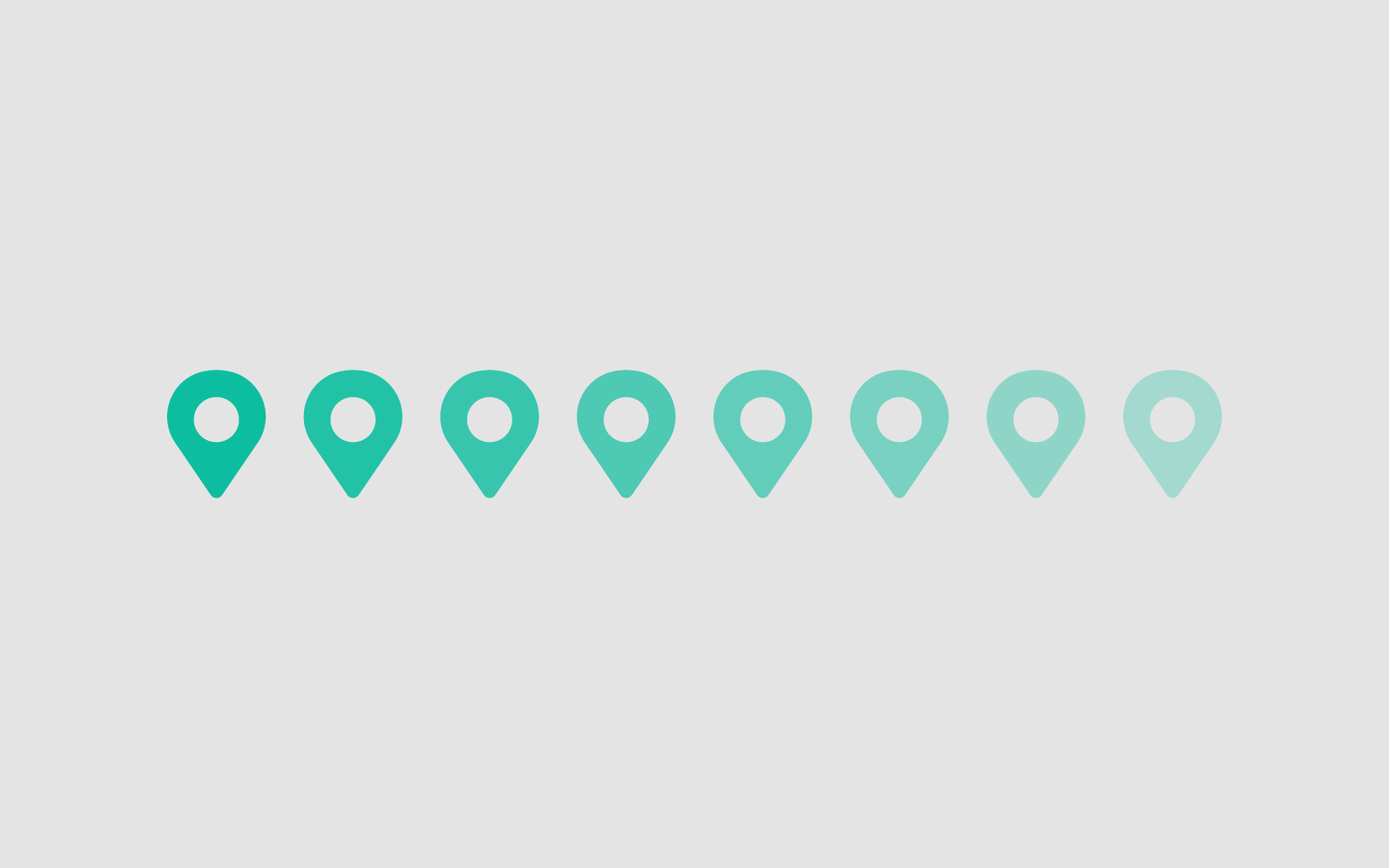
You might have more options than you think...
Joe was 17 and studying in a technical college. He hadn’t done so well in school and was assigned to a Product Design course based on his secondary school academic results.
He did his hoozyu as part of a programme run by the college life skills staff. He attended a hoozyu workshop where he learnt more about himself, especially his motivations, preferred behaviours and what he most needed from his environment and those around him to stay engaged and happy.
In particular, he found his career matching data to be quite eye opening. And he learnt some interesting things about his classmates too!
Joe also had the opportunity to discuss his hoozyu with one of the life skills staff. Talking through his report enabled him to learn more from his data, and understand how it could help him as he studied and made decisions about his future. Joe reported that his hoozyu ‘helped me open up the door of choices for me’.
Many of us go through secondary school not having any idea what we want to do next and not knowing much about the kinds of options that are out there in the wider world.
Joe felt he was stuck on a track determined by his product design course and that he would have limited choice and job opportunities at the end of it. By seeing the range of career titles that appeared on his hoozyu he was able to see that there were a much wider range of roles and industries that he would probably enjoy and find satisfying.
Rather than feeling trapped on a certain path, he realised things were much more open for him - more choices, more opportunities, more possibilities.
Of course we don’t always have the option to shift courses mid-way through, or to take another completely different direction, but what we can do is recognise what we know and have learnt (our knowledge), and identify the skills or experience we have. Many, if not all, of these are ‘transferrable’ to another field or role. They are sometimes called Enterprise Skills.
Enterprise Skills
Enterprise skills include things like digital literacy, data science skills, critical thinking, problem solving, creativity, presentation skills, human (caring) skills, communication skills, learning and research skills.
In the world of work, these are highly valued and in increasing demand across many jobs and industries. You will almost certainly have the opportunity to develop these (and may already have begun doing so) either as part of your formal studies or through things you do in your own time.
So here’s how to find out what enterprise skills you have and get them helping you.
ACTION: Identify (make a list of) your strongest enterprise skills and seek ways to build on these more strongly and/or begin developing yourself in a couple of new ones.
Record examples of anything you have done that demonstrates any of the skills from the list above. Your examples may seem trivial to you but if you can demonstrate you are beginning to develop these skills this will be valued by a potential employer.
So ask yourself:
- What problems have I solved?
- Who have I shown empathy to?
- What presentations have I made?
- What ideas have I contributed to my friends, classmates, family?
- What digital skills do I use day by day?
- How do I go about learning and researching new things?
Put some of these examples on your resume / CV / profile as evidence of the enterprise skills you are developing. As a second step, it’s also good to say something about the outcome or impact of each thing.
Look out for Part 2, where we will look at how to explore actual jobs to see how readily ‘transferable’ our skills are.
